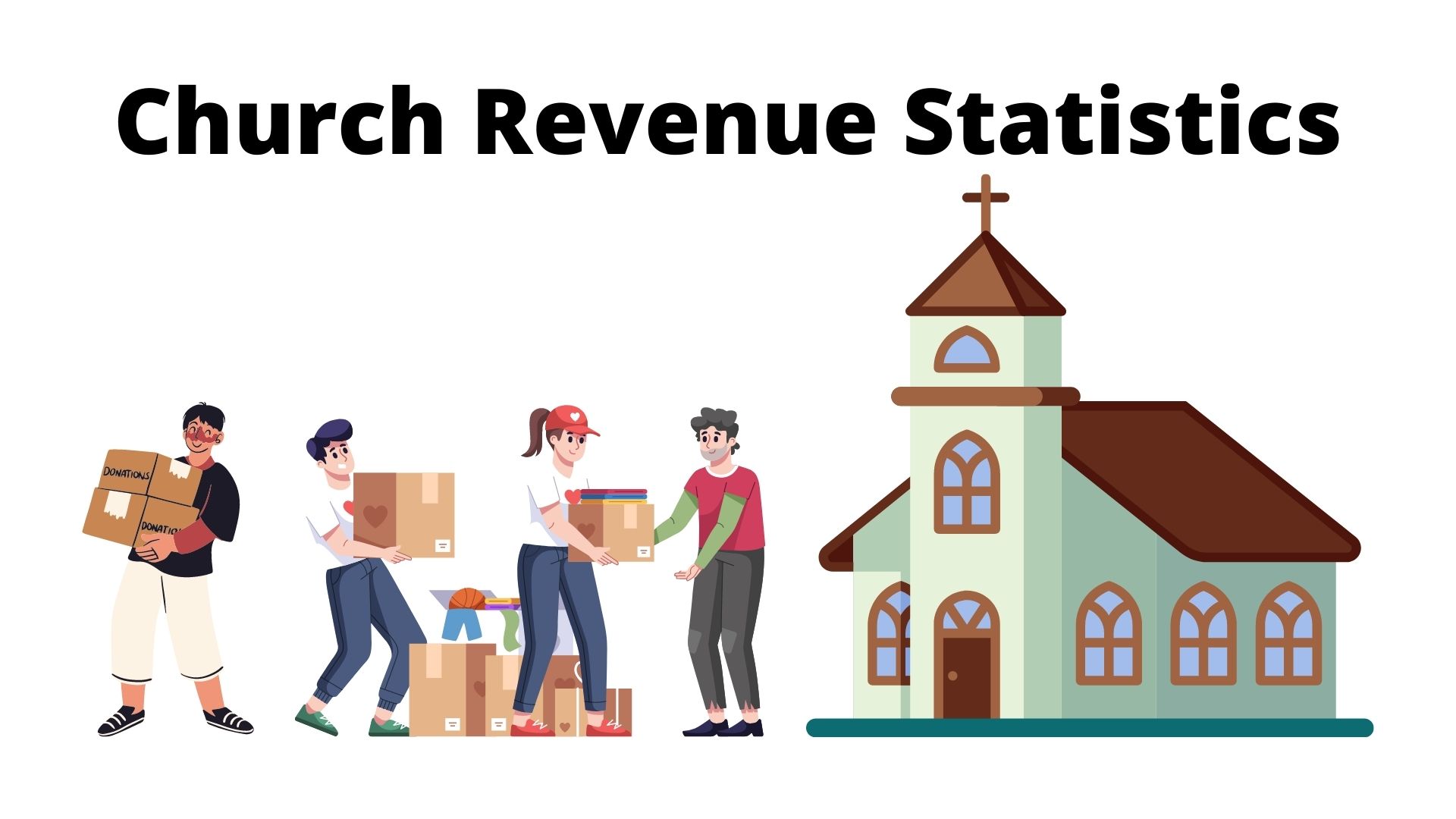Does Siebel Matter Anymore?
So Tom Siebel has decided to step up to the chairmanship and turn over day-to-day operations of Siebel Systems to IBM's Mike Lawrie. Lawrie, whose mandate is to change nothing and keep up the good work, may be in for a big surprise. Preserving the status quo may be the worst mistake Tom and Mike have ever made.
The existing strategy — a core CRM product line, a new On Demand hosted service that is guaranteed to cannibalize existing CRM sales, a small but interesting analytics line, a declining employee relationship management line, and its me-too UAN and UCM data integration plays — shows a company that is heading for commoditization at full throttle. And commoditization is the death zone for enterprise software companies. Few, if any, ever return.
Let's start with core CRM. Siebel's On Demand play reflects what SalesForce.com has unequivocally proven: CRM's most useful functionality can and should be hosted. So even though Siebel's average deal size has been growing, the total deal count has been shrinking. Fewer and fewer companies are interested in big in-house CRM deals. This means that Siebel's reliance on core CRM for the bulk of its revenues will start to hurt, just as On Demand begins to erode core sales and others, like SalesForce.com, accelerate their success. If Lawrie sticks to this core CRM vs. On Demand strategy, he'll lose.
Next is the analytics strategy. I'm a firm believer in the role of analytics as a requirement for enterprise excellence. But I don't hold out a lot of hope for Siebel's future in the analytics space. Big enterprise apps companies historically don't have a lot of success in selling analytics as a separate, profitable product line. Many find it simply impossible to have the same field sales force selling transactions and analytics (which is what Siebel is trying to do) and others find out quickly that selling analytics exposes how hard it is to get usable information out of their high-priced transactional systems. But worst of all is the fact that analytics are becoming a commodity, and one that carries the historic baggage of all those wasted investments in data warehouses and previous generations of analytical tools.
Speaking of commoditization, there's UAN and UCM. The Universal Application Network and Universal Customer Master are both instances of Siebel going boldly where others have gone before. UAN is basically Siebel's own version of enterprise application integration, and UCM is a master data model management product for customer data.
Application integration may be the number one IT problem today, but it's also the number one checklist item for every software vendor on the planet. Particularly the applications vendors who are bundling this functionality as a give-away or channeling non-strategic EAI dollars to channel partners at cutthroat rates. It's hard to imagine application integration becoming a major revenue stream for Siebel when the vendors that sell the whole enterprise applications stack — and hence have a greater implied value for their integration technology — can't make a profit from application integration.
As for UCM — this would be the most exciting part of the strategy, if it weren't for the fact that IBM and SAP, among others, are already way out in front, before anyone has even started. IBM's Trigo acquisition is Big Blue's entry, SAP has what it calls MDM. The problem with UCM is that it assumes that customer data is the center of your enterprise applications universe and that Siebel's customer data is first among equals.
But customer data is only one of many essential data types (such as product, employee, supplier, etc.) that need UCM-like functionality. And, considering that many if not most Siebel customers are also SAP and IBM customers, you have to wonder whether they will build a single customer master data system based on Siebel or go for a product (MDM or IBM/Trigo) that could handle, eventually, all the master data requirements in the enterprise. Two much larger companies than Siebel are betting on the latter choice, and I think they're right.
So Mike, think twice before you conclude that the status quo is worth perpetuating. Siebel drastically needs a major rethinking of its core business strategy. Sales may look good, and profits are up, but the trend isn't going to last. And you won't either if you don't make some changes. Fast.
